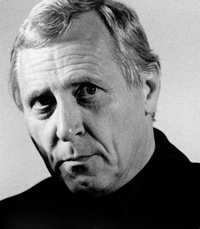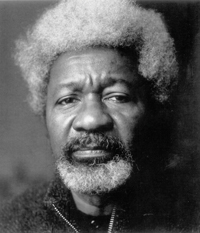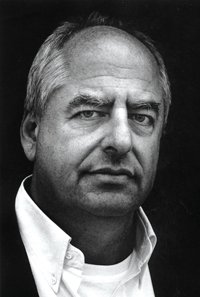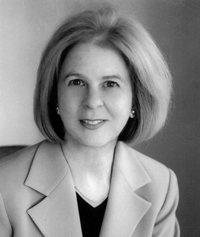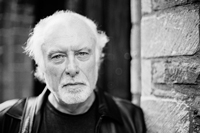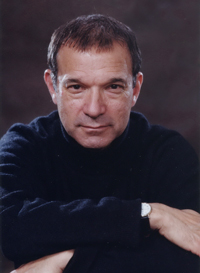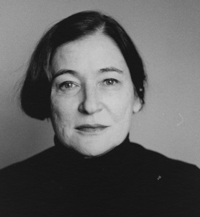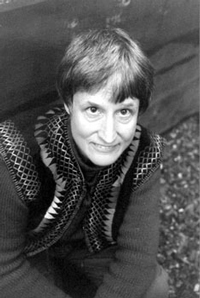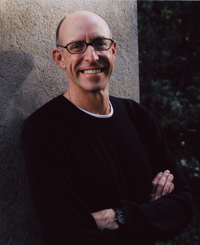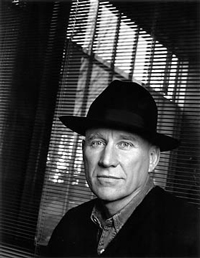Peter Greenaway, who trained as a painter for four years, started making films in 1966. His first narrative feature film, The Draughtsman’s Contract (1982), earned him international acclaim as an original filmmaker, a reputation consolidated by The Cook, the Thief, his Wife & her Lover (1989), Prospero’s Books (1991), The Pillow Book (1996), The Tulse Luper Suitcases (2003-2004), and more recently, Nightwatching (2007).
Writer, playwright and poet, Wole Soyinka was the first African to be awarded the Nobel Prize for Literature in 1986. Soyinka is known as an outspoken critic of many Nigerian military dictators and of political tyrannies worldwide.
With an innovative use of charcoal drawing, prints, collages, stop-animation, film and theater, South African artist William Kentridge’s work continues to attract international recognition. Especially distinctive are his hand-drawn films, which are created using a technique he calls "stone-age filmmaking.”
Harrington Spear Paine Professor of Religion at Princeton University, Elaine Pagels is well known for her work in the field of religious studies and theology. She first gained recognition for her research disproving the myth of the early Christian Church as a unified movement—in The Gnostic Gospels, she provides analysis of 52 early Christian manuscripts that show the pluralistic nature of the early church and the role of women in the developing Christian movement.
Walter D. Mignolo, Literature and Romance Studies, Duke University
Walter D. Mignolo is William H. Wannamaker Professor of Literature and Romance Studies, Cultural Anthropology and Spanish at Duke University. Professor Mignolo’s research focuses on global coloniality and the history of capitalism.
Stephen Greenblatt, American Literary Critic
Stephen Greenblatt is Cogan University Professor of the Humanities at Harvard University. His areas of specialization include Shakespeare, 16th- and 17th-century English literature, the literature of travel and exploration, and literary theory.
Joan Acocella is a dance and book critic for The New Yorker. She has served as the senior critic and reviews editor for Dance Magazine and New York dance critic for London’s Financial Times.
Donna Haraway, History of Consciousness, UC Santa Cruz
Donna Haraway is a prominent theorist of the relationships between people and machines, and her work has incited debate in fields as varied as primatology, philosophy, and developmental biology. Haraway’s The Cyborg Manifesto, first published in 1985, is now taught in undergraduate classes at countless universities and has been reprinted or translated in numerous anthologies in North America, Japan, and Europe.
Michael Pollan, Journalist and Author
Michael Pollan's work examines the intersections between science and culture, focusing most specifically on food. Pollan is the author of In Defense of Food: An Eater’s Manifesto, winner of the James Beard Award, The Omnivore's Dilemma, which was named one of the ten best books of the year by both The New York Times and The Washington Post, and The Botany of Desire, among others.
A member of Magnum Photos from 1979-1994, Sebastião Salgado is twice the recipient of the Infinity Award for Photojournalism from the International Center of Photography.
